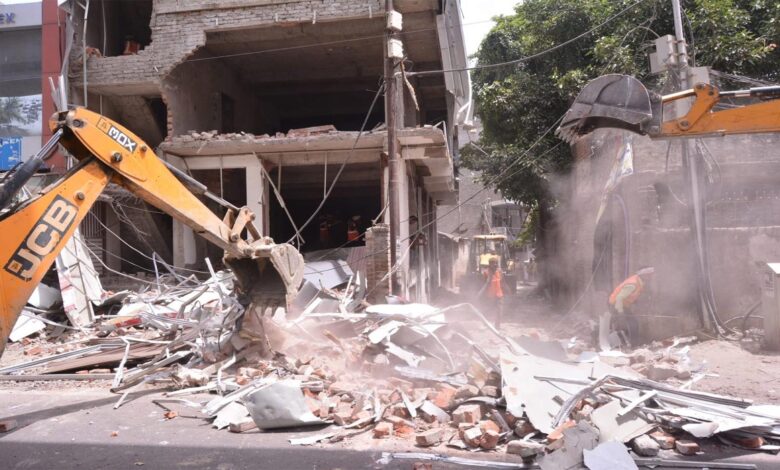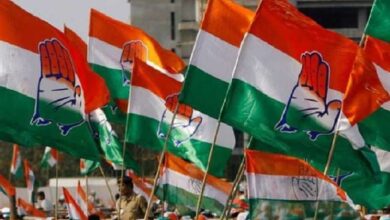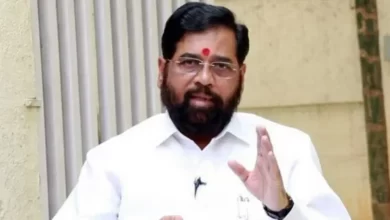Bulldozer action is not stopped

New Delhi. The Supreme Court has refused to stay the action of demolishing illegal constructions through bulldozers in some states of the country. The hearing in the Uttar Pradesh bulldozer case was held in the Supreme Court on Wednesday. During this, there was a demand for an interim stay on the action of bulldozers, but the Supreme Court has refused to put an interim stay on the action of bulldozers for sabotage in the states.
The Supreme Court said that they cannot issue an order of general restraint in the process of demolition of illegal constructions. This will curtail the rights of local bodies i.e. municipal bodies. Now the next hearing in this matter will be held on August 10. In this case, the court also issued notices to Gujarat and Madhya Pradesh. During the hearing, senior advocate Harish Salve appeared for the Kanpur and Prayagraj administrations, while Solicitor General Tushar Mehta represented the Uttar Pradesh government.
Advocate Dushyant Dave, appearing for the petitioner, alleged that selective action is being taken through bulldozers. He said that action is being taken on the basis of ‘pick and choose’. He said that a particular community is being targeted, then the court interrupted him and said that all the communities belong to India. Dave said that according to the newspaper report, the house of the murder accused was demolished in Assam. This should stop, this matter needs a detailed hearing. In response, Tushar Mehta said that at some places there was vandalism by bulldozers but it happened according to the rules. He also said that the action had started even before the communal violence.
Dushyant Dave said in his argument- You see that almost all the farm houses in Delhi are illegal, but no action is being taken on that. He sought a stay order, which was turned down by the court. The Supreme Court said that it will hear the matter on August 10. Before this, all the parties can file their reply till August 8. The court has also issued notices to the Madhya Pradesh and Gujarat governments.






